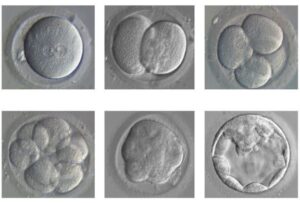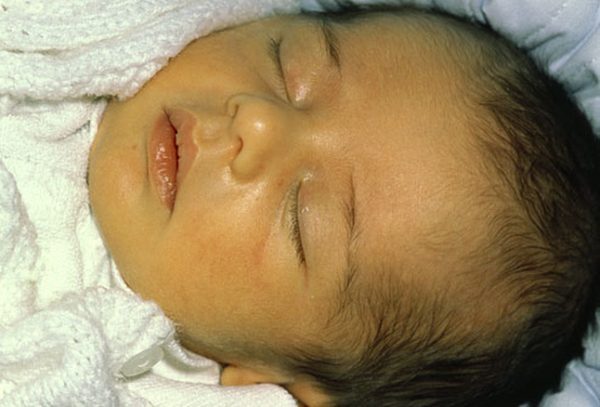
Among the numerous factors that can affect the success of an IVF, the most important is embryo quality. Studies have shown that close to 60% of miscarriages were attributed to abnormalities related to the embryo. A successful outcome is dependent on the transfer of excellent quality embryos. An embryologist has an important role in the cycle to decide on which embryo to select for transferring and which one can be used to freeze and store in the case that a second IVF attempt is required. The process of evaluating embryos for quality is termed as Embryo Grading. Embryos can be graded under a microscope to distinguish between the good, average, and poor quality just so the risk of failure of an IVF process can be minimized.
When an IVF cycle is started the embryos are cultured up until the day of transfer and these are evaluated during each day of the grading cycle based on which has the highest chance of becoming a baby. The quality is essentially ascertained based on the appearance of the embryo and this happens at the cleavage or blastocyst stage. Once the fertilization process is complete, the zygote has a rapid replication process which is the cleavage stage and by the next stage is the formation of a multicellular pre-embryo called a blastocyst. Embryos that have grown for three days in the lab are called cleavage stage embryos and those allowed to grow for five days are called blastocysts. As transfers typically happen on day 3 or day 5, the embryo grading is also done then. Each day will have a different grading system and along with evaluating the viability, the optimal day for transferring or for cryopreservation is also deciphered during the grading.
The degree of fragmentation and the number and appearance of cells along with the rate of growth of the cells are factors considered for grading in the cleavage stage. The appearance is graded using a scale of 1 to 4. Lower the grade, greater is the chance of the embryo developing and reaching the blastocyst stage. Poor quality cleavage stage embryos are those that have few cells and a lot of fragmentation which could lead to stunted growth. In the blastocyst phase the grading is based on the inner cell mass or the fetus and trophectoderm which becomes the placenta. In the blastocyst phase the cells begin to differentiate into baby-making cells and placenta making cells that surround a fluid-filled cavity. The best among the lot is those that have a clear cytoplasm with symmetrical cells.
IVF doctors use embryo grading along with a combination of other factors related to the patient like age, fertility history and response to current treatment and so on to find out the best day for embryo transfer. Most recently something called Metabolomics which are the consequences of the various processes happening inside a cell, is also being considered as impacting embryo assessment. Embryo grading is just one important step in the long journey that is IVF and this process is not something that can explain the internal genetic condition of the embryo.
Here’s where you can reach us for appointments or for answers to all your pregnancy/ Gynaecology or fertility related questions
Website: http://www.kjkhospital.com/contact-us/
Phone Numbers: 0471-2544080, 2544706
Email: kjkhospital@gmail.com





